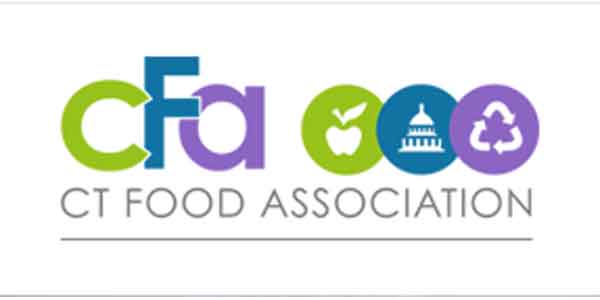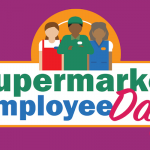CFA supports push to allow wine sales in Connecticut supermarkets and small grocery stores.
HARTFORD — For decades, Connecticut wine drinkers in The Land of Steady Habits have headed to local package stores to make their purchases.
But now, that could be changing as some legislators and lobbyists are pushing to allow wine to be sold in supermarkets and small grocery stores.
The move would be a game-changer for the Connecticut alcohol industry because wine is the most profitable item in package stores — setting off a fierce battle over sales and profits.
Two well-known lobbyists at the state Capitol — former House Speaker James Amann and former Gov. Jodi Rell’s son, Michael — are pushing for expanding the wine sales on behalf of the Connecticut Vineyard and Wine Association. The state has about 50 farm wineries from Litchfield County to Stonington that have become popular through the years with tastings that are largely done in good weather.
But the wineries were shut down last year for two months with other nonessential businesses due to the COVID-19 pandemic, and they have struggled ever since reopening with various capacity restrictions.
At the same time, package stores have thrived during the pandemic as drinking has shifted away from closed-down bars and restaurants that now close earlier than in the past. The package stores have seen increased sales of about 15% across the board with even higher increases among the more successful stores, officials said.
“If there’s an industry that survived COVID and made a profit, it’s liquor stores,” Rell said. “They survived — no problem. The farm wineries got crushed because they were closed and then limited capacity, limited options with having to require food to be served with the wine that they served. So they took a hit.”
At minimum, the lobbyists are pushing for Connecticut-made wines to be sold in the grocery stores. They do not mind if all wines are permitted, but they are hoping the Connecticut-made wines would have 10% of the space set aside in the wine aisle.
But Carroll Hughes, the longtime chief lobbyist for the Connecticut Package Stores Association, said that a judge would immediately reject the idea of selling only Connecticut wines in a store as retailers currently sell wines from around the world. Selling wine at supermarkets, he said, is counterproductive when legislators should be focused on helping Connecticut businesses.
“It’s a major economic destabilizer for package stores when everybody there [in the legislature] is saying they want to help the economy,” Hughes said. “It’s a bad idea to destabilize 1,250 businesses.”
Hughes is known as one of the top lobbyists at the Capitol for more than 30 years, fighting back various proposals through the years. But Rell countered that the package stores have proven resilient, despite changes that were made starting under then-Gov. Dannel P. Malloy.
“Sunday sales never hurt them,” Rell said of the change in May 2012. “Opening up until 9 p.m., rather than 8 p.m., didn’t close them down. In fact, they’re growing. … A free market should decide what is available.”
House Speaker Matt Ritter of Hartford declined to take a public position on the issue Monday, saying he first wants to see the deliberations of the legislature’s general law committee, which has jurisdiction over alcohol.
“It’s always good to let these controversial bills work their way through the committee process and public hearings, and if a bill leaves the general law committee, I will engage at that time,” Ritter said.
House Republican leader Vincent Candelora of North Branford said the idea should be postponed until the 2022 session, saying the legislature needs to focus directly on coronavirus-related bills.
“Certainly Connecticut is the land of steady habits, and people like their package stores,” Candelora said. “It begs the question of what we’re doing right now as a legislature.”
Gov. Ned Lamont unexpectedly jumped into the fray last June when he was touring a winery in North Stonington. Lamont was asked whether wine should be available in grocery stores, and he blurted out that he was open to the idea. That set off a stir in the local alcohol industry, but Lamont was noncommittal the next day when asked about his remarks.
At least 30 states currently allow the sale of wine in grocery stores, including Vermont, New Hampshire and Massachusetts.
Original article appeared in the Hartford Courant


